Climate
-
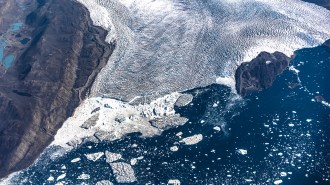 Earth
EarthClimate change is changing how we keep time
Polar ice sheets are melting faster, slowing Earth’s spin. That is changing how we synchronize our clocks to tell time.
-
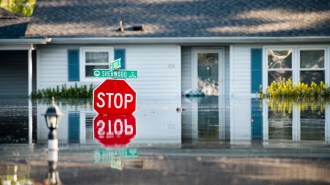 Climate
ClimateWaterlogged soils can give hurricanes new life after they arrive on land
New studies show that the long-hypothesized “brown ocean effect” is real, helping to refuel 2018’s Hurricane Florence and other storms after landfall.
-
 Climate
ClimateCold, dry snaps accompanied three plagues that struck the Roman Empire
New climate data for ancient Italy point to temperature and rainfall influences on past infectious disease outbreaks.
By Bruce Bower -
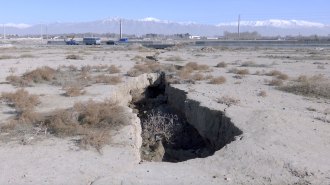 Earth
EarthMany but not all of the world’s aquifers are losing water
Many aquifers are quickly disappearing due to climate change and overuse, but some are rising because of improved resource management.
-
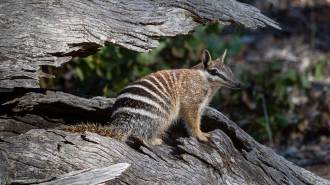 Climate
ClimateNumbats are built to hold heat, making climate change extra risky for the marsupials
New thermal imaging shows how fast numbats’ surface temperature rises even at relatively reasonable temperatures.
By Jake Buehler -
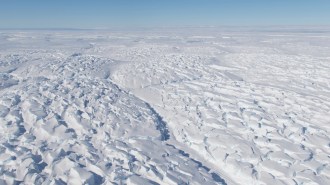 Earth
EarthSpeed bumps under Thwaites Glacier could help slow its flow to the sea
A seismic survey of Thwaites’ icy underbelly shows the Antarctica glacier may be snagging on tall rises in land. That could help slow global sea level rise.
By Nikk Ogasa -
 Physics
PhysicsInvisible comet tails of mucus slow sinking flakes of ‘marine snow’
New measurements reveal the gunk that surrounds the particles, an important factor in understanding how the ocean sequesters carbon.
-
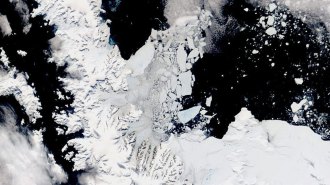 Climate
Climate3 Antarctic glaciers show rapidly accelerated ice loss from ocean warming
Destabilized by ocean waves and vanishing sea ice, Antarctica’s Hektoria glacier lost 25 kilometers of ice in 16 months — a possible hint of what’s to come.
By Douglas Fox -
 Climate
ClimateCOP28 nations agreed to ‘transition’ from fossil fuels. That’s too slow, experts say
COP28 ended with a historic climate agreement to begin moving away from fossil fuels, but stopped short of mandating phasing them out.
-
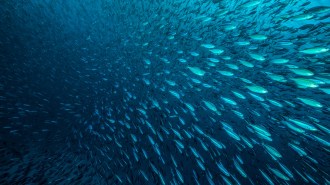 Oceans
OceansOcean heat waves often lurk out of sight
About 1 in 3 marine heat waves occur below the surface, a new study reports, suggesting these harmful events are more common than previously thought.
-
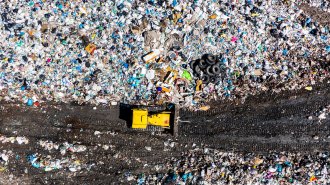 Climate
ClimateCOP28 is making headlines. Here’s why the focus on methane matters
Here’s one takeaway from COP28: Deep cuts to methane are essential to meet the Paris Agreement goals. That’s still possible.
-
 Climate
ClimateHere’s how 2023 became the hottest year on record
The effects of climate change were on clear display in 2023 as records not only broke, but did so by surprising amounts.
By Carolyn Gramling and Nikk Ogasa